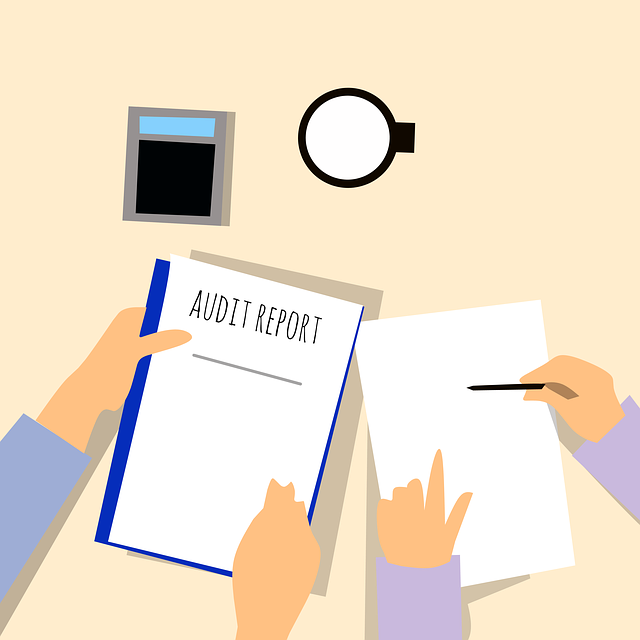For those that own a business or are considered self-employed by the IRS – begin preparing for tax season now. There’s a mountain of documentation to collect. Waiting until the last minute can result in fines and other penalties.
Organize Documents
A substantial amount of tax reporting begins in January. There will be a variety of final documents that must be available when preparing a tax return. Preparation is especially important for small business owners and those considered by the IRS to be self-employed.
Prepare Early
Business owners can begin their returns as soon as they have the necessary documents. They can utilize personal tax software or use online filing sites, but the best solution is to hire a tax professional. Even though tax returns can be prepared early, the IRS won’t begin accepting them until a time the entity will announce.
Documentation
It’s far less stressful and more cost effective to have a tax professional do the work. The expert will need to understand the business and its financials. Individuals should be prepared with their employer ID number, along with receipts from sales and services, expenditures, and bank accounts, to name a few.
All of these documents and more are required for a tax professional to ensure a client is receiving all the deductions and credits to which they’re entitled, and to take advantage of any new state or federal tax laws. They can also ascertain if the business would benefit from itemizing expenses and calculate projected payroll taxes.
Extension
If necessary, a tax professional will be able to file for an extension, which gives business owners an additional 6 months of leeway to submit their tax return. An extension provides a grace period in which to file the return, but business owners will still have to pay any taxes that may be due on time.
An extension can be especially beneficial if any clarification is needed or if all of the essential documents aren’t immediately available. For those in some industries, there may be compliance and regulatory issues to consider.
At Peavy and Associates PC our mission is to assist you with all your tax preparations, payroll and accounting needs. We provide our clients with professional, personalized accounting services and guidance in a wide range of financial and business needs. Give us a call today and discover why our clients return to Peavy and Associates, PC year after year!










